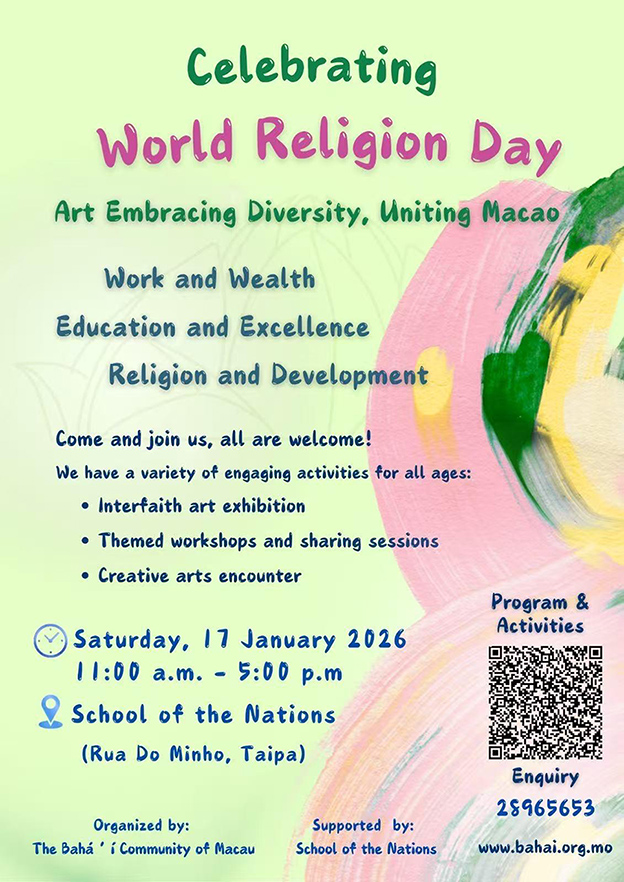The Young Post Feature
Comparing the experience of watching movies and reading books is challenging due to their inherent differences. Movies spoon-feed information to viewers, while books leave space for imagination. Notably, the increasingly popular 4D movies aim to engage all our senses with motion chairs and water splashes. In contrast, books have traditionally been comprised of words, but recent advancements have incorporated voiceovers to appeal more to the ear than the eye.
I’d like to address this topic from a different perspective, not focusing on entertainment but rather on the transfer of knowledge. As a student from the age of four and a perpetual learner into my twenties, both books and a variety of videos—including movies, documentaries, and YouTube videos—have played crucial roles in my educational journey.
Books are a common teaching tool, but I believe videos are generally more valuable resources for eager learners. This is particularly true when acquiring technical skills, such as playing musical instruments. It’s difficult to imagine how people in the past learned to play complex instruments like the trumpet or trombone from a textbook alone. The nuances of lip and mouth muscle movements, tongue positions, and more are hard to convey accurately through words alone.
Videos as a teaching medium make skill acquisition more accessible for those without a teacher. Personally, I excel at imitation, and find seeing how things work much more beneficial than reading instructions. Consider assembling a new piece of Ikea furniture: would you prefer to watch a video tutorial or read the manual? I would undoubtedly choose the former.
On the other end of the learning spectrum lies abstract knowledge, such as philosophy. Generally, books and articles provide a greater wealth of information than videos. However, I maintain that a well-produced video can outshine text. Through the use of graphics and animation, videos can elucidate even the most complex concepts.
In conclusion, both books and movies offer unique, valuable learning experiences. While books provide depth and detailed exploration, videos offer a dynamic, visual demonstration that can simplify complex topics. The choice between the two often depends on the learning context and the learner’s personal preferences. For an optimal learning experience, a blend of both may be the most effective approach, harnessing the strengths of each medium to foster a comprehensive understanding of the subject matter.









